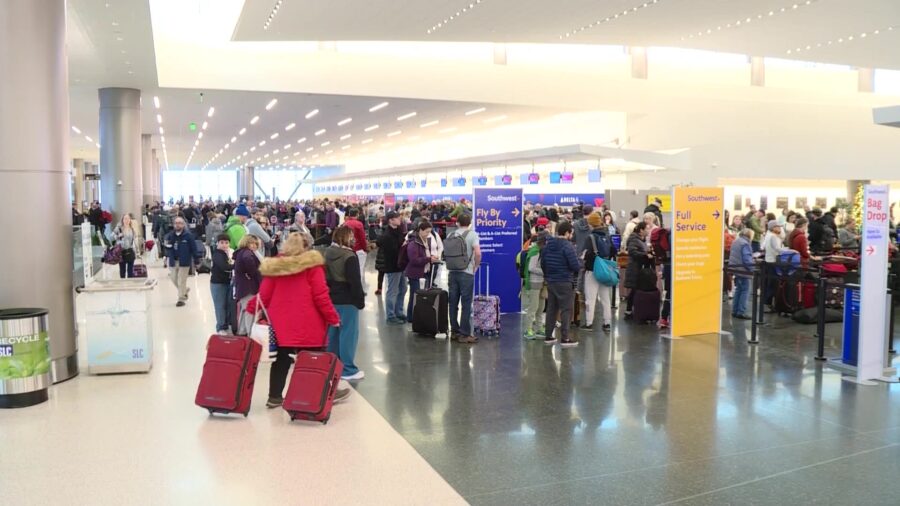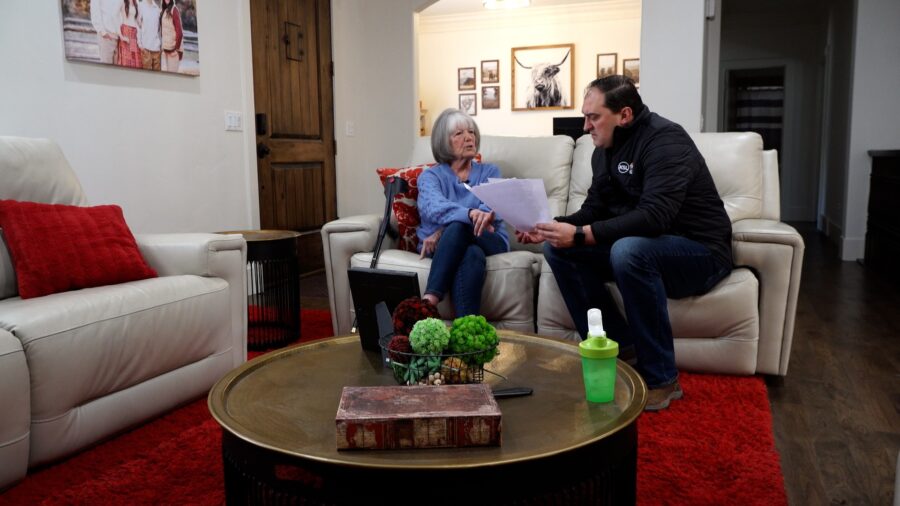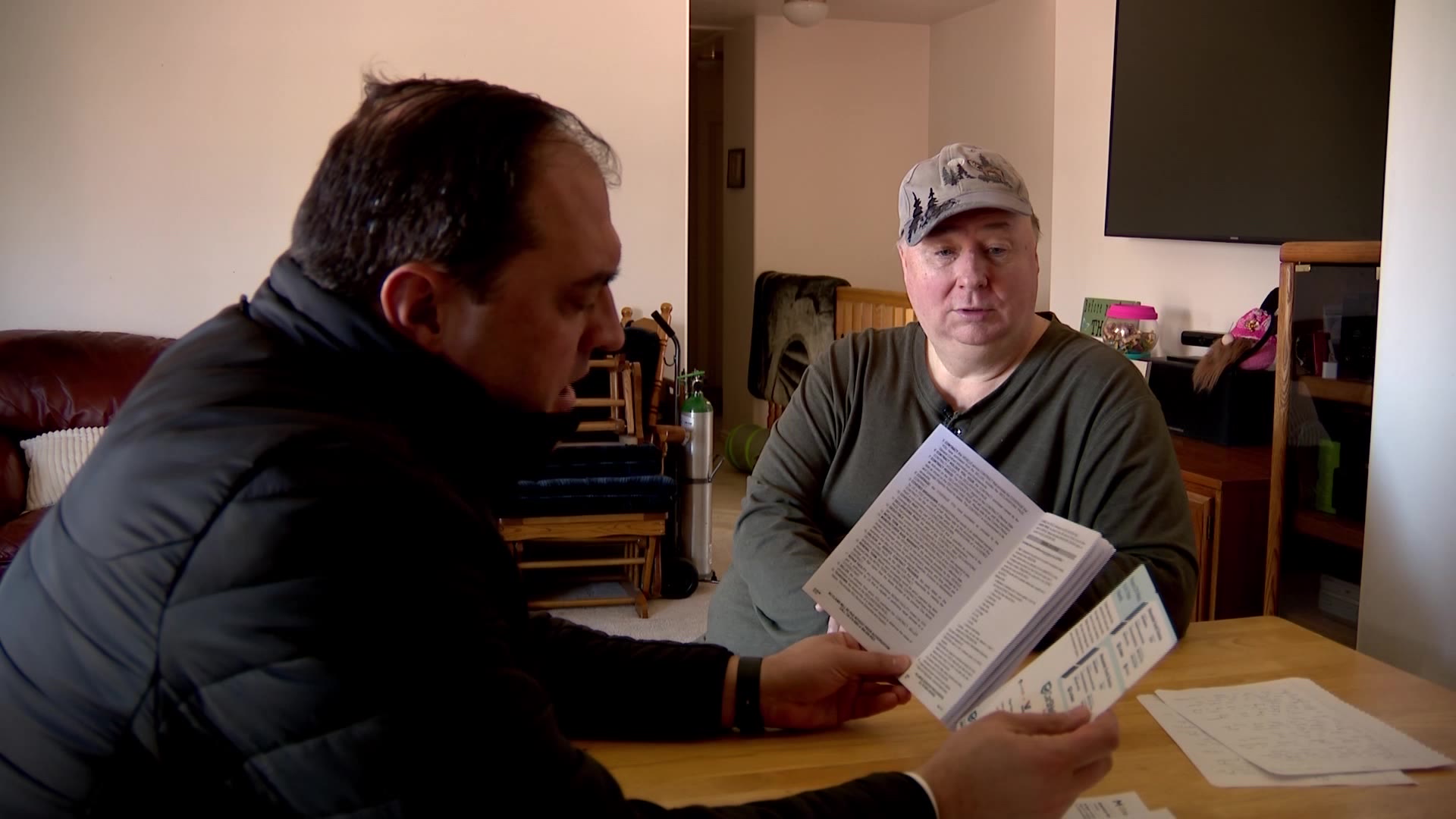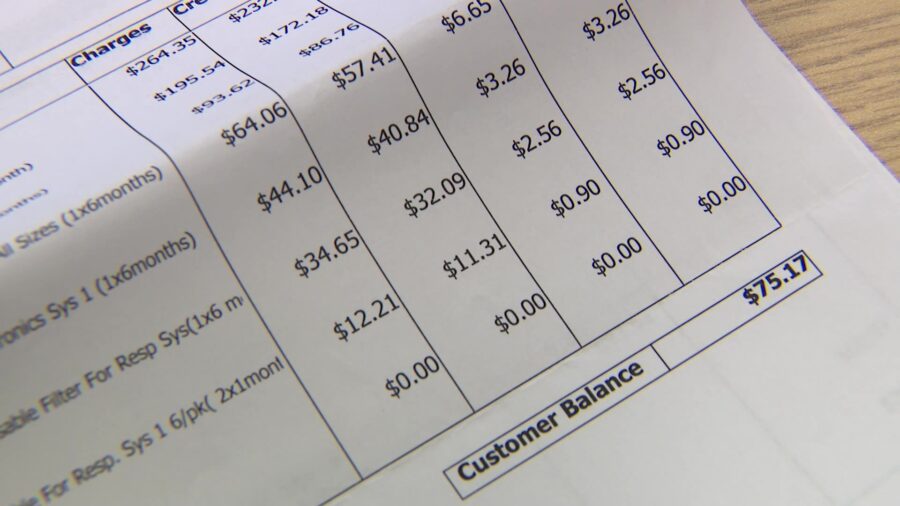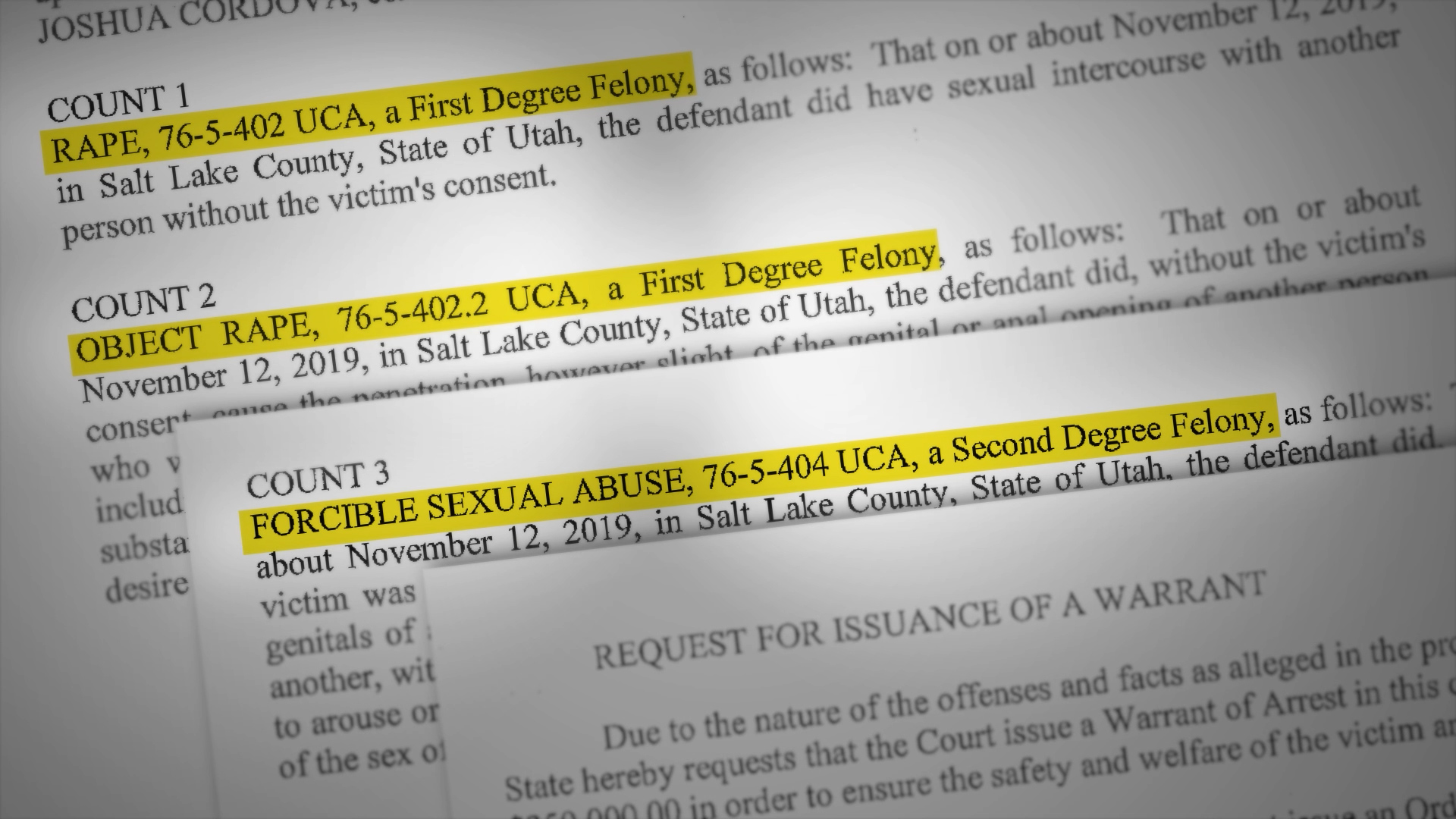Gephardt: Be Wary Of Day Trading In Uncertain Climate
Mar 17, 2020, 7:24 PM | Updated: 7:30 pm
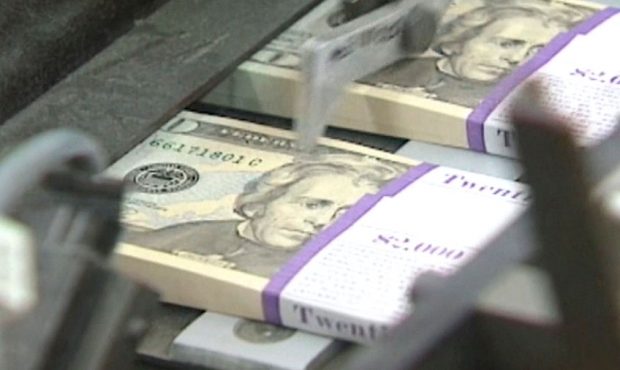
(KSL TV)
(KSL TV)
SALT LAKE CITY, Utah – Affix a roller-coaster-car to the line that tracks investments and it would make even the most iron-constitutioned person sick to their stomach.
After all, it’s not just a plunge.
Stocks go down – way down. Then they jolt back up again, before crashing back down, and then up – and so on.
Big gains are certainly better than big losses, but financial advisor Jeff Segelke said experienced investors know they’re nothing to be celebrated.
“That is not normal. In fact, that’s unhealthy for the stock market that it’s bouncing up and down in such wild motions,” he said.
Consider this: the very best days on the stock market all happen during “wild” times like these.
If you had a crystal ball, it could be great. You could sell stocks before the days when they lose value, and then reinvest before the big-spike days.
Few do that very well, Segelke said.
“Trying to time the market is extremely hard for professionals, let alone the average person out there,” he said.
If you’re tempted, whatever you do, don’t guess wrong. Since 1988, investors who let their money ride have ridden up about 10.3 percent. If you remove just the 10 best days, it drops earnings down to 8.1 percent.
If an investor who guessed wrong and missed out on the top 50 days, their investment drops way down to a meager 3.9 percent.
“If you’re invested for the long term, then chances are you shouldn’t probably do anything at this point. You should just ride the wave and say, ‘Hey, this stinks.’ But as long as you don’t need the money for 5 to 10 years or longer, then you can wait this out.” Segelke said. “On the other hand, if you’re thinking about retirement in the next year or two, this could be devastating. I mean, the market could go down further from here, and that’s going to really hurt your retirement prospects if it hasn’t already.”
Coronavirus Resources
- Have you or a family member been affected by coronavirus issues in Utah? KSL TV wants to hear from you. Contact KSL by emailing social@ksl.com.
- What is COVID-19? Here’s What You Need To Know To Stay Healthy
- What We Know And Don’t Know About The Coronavirus
- Four Common Coronavirus Questions Answered
- The latest coronavirus stories from KSL TV can be found at our Staying Safe: Coronavirus section.
- Your Life Your Health: How can parents prepare their home, children against coronavirus?
How Do I Prevent It?
The CDC has some simple recommendations, most of which are the same for preventing other respiratory illnesses or the flu:
- Avoid close contact with people who may be sick
- Avoid touching your face
- Stay home when you are sick
- Cover your cough or sneeze with a tissue and then throw the tissue in the trash
- Wash your hands often with soap and water for at least 20 seconds, especially after going to the bathroom, before eating, and after blowing your nose, coughing or sneezing. Always wash your hands with soap and water if your hands are visibly dirty.
- If soap and water are not readily available, use an alcohol-based hand sanitizer with at least 60% alcohol.
The CDC does not recommend wearing a face mask respirator to protect yourself from coronavirus unless a healthcare professional recommends it.
How To Get Help
If you’re worried you may have COVID-19, you can contact the Utah Coronavirus Information Line at 1-800-456-7707 to speak to trained healthcare professionals. You can also use telehealth service through your healthcare providers.
Additional Resources
If you see evidence of PRICE GOUGING, the Utah Attorney General’s Office wants you to report it. Common items in question include toilet paper, water, hand sanitizer, certain household cleaners, and even cold medicine and baby formula. Authorities are asking anyone who sees price gouging to report it to the Utah Division of Consumer Protection at 801-530-6601 or 800-721-7233. The division can also be reached by email at consumerprotection@utah.gov.

